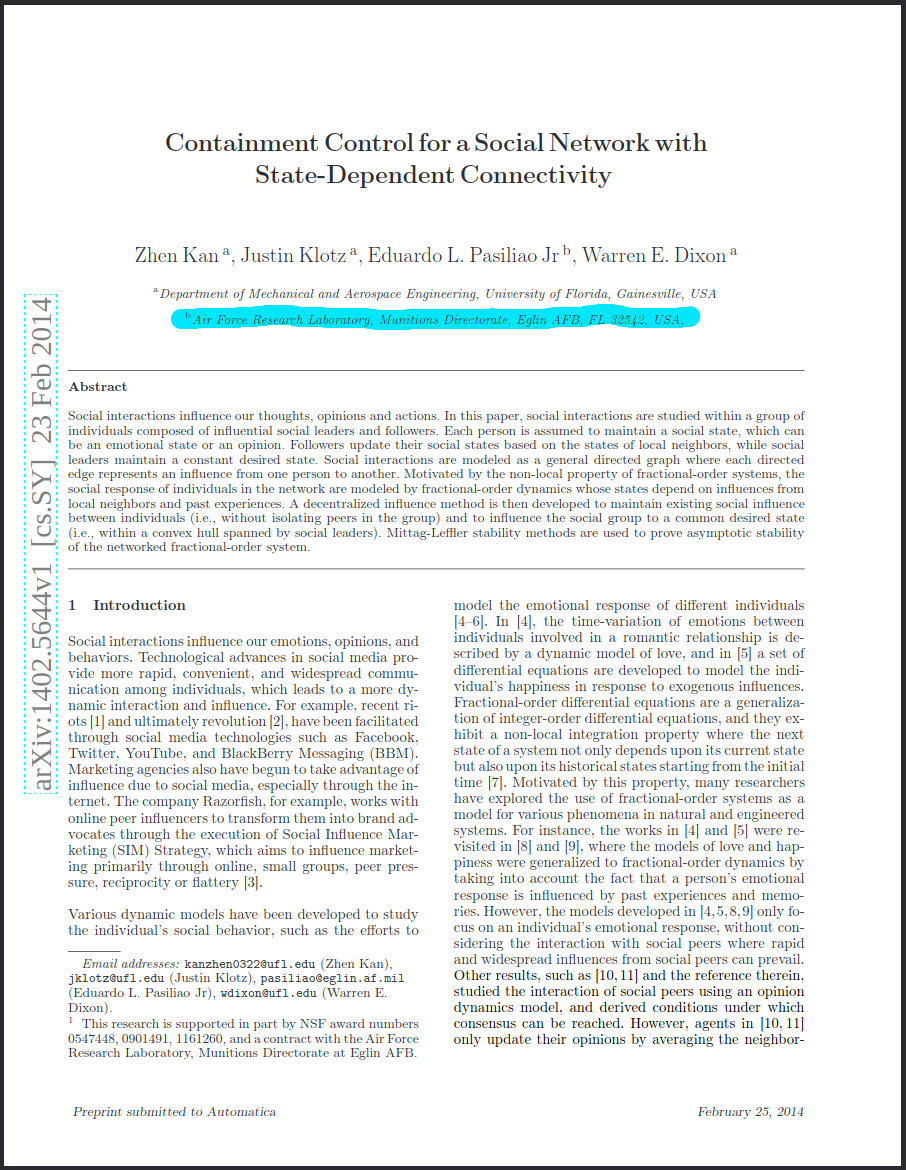

[…] That’s the point of the entire “it’s a real job” argument. Journalists are doing a lot of legwork once and we’re all relying on that job to acquire a lot of our information instead of all of us doing the same legwork again. The two problems we’re facing are 1) that this trust opens us up to propaganda from activist or opinionated journalism, and 2) that we’re no longer just getting neatly processed info that has gone through a journalistic process, we’re also getting a firehose of misinformation from many individual content generators over the Internet.
Those are both hard problems to manage.
I agree that they may be hard problems to manage perfectly, but I don’t agree that citing sources won’t put a dent in the issue. Take your first problem:
that this trust opens us up to propaganda from activist or opinionated journalism […]
Say you have an article that says “A young man stole a car.”. Just as a very basic example, language like “young” is an opinion — it’s not an exact definition of age and is left to the reader for how they interpret it. Such interpretations open the door for emotional bias. I think it would be a different story if the article actually cited the age, or simply stated the age with a citation for where they know it from.








I feel we may be going around in circles with this; I think I’m not describing my interpretation well enough, but I think I understand what you are meaning when you say that journalism is full time — it’s not exactly how I would use the term, but I understand what you are saying. I completely agree with you that the work of a journalist is non-trivial. I also agree with you that a professional journalist deals with large volumes of information, and, to be able to process those large volumes of information, it would generally require one to work full time.